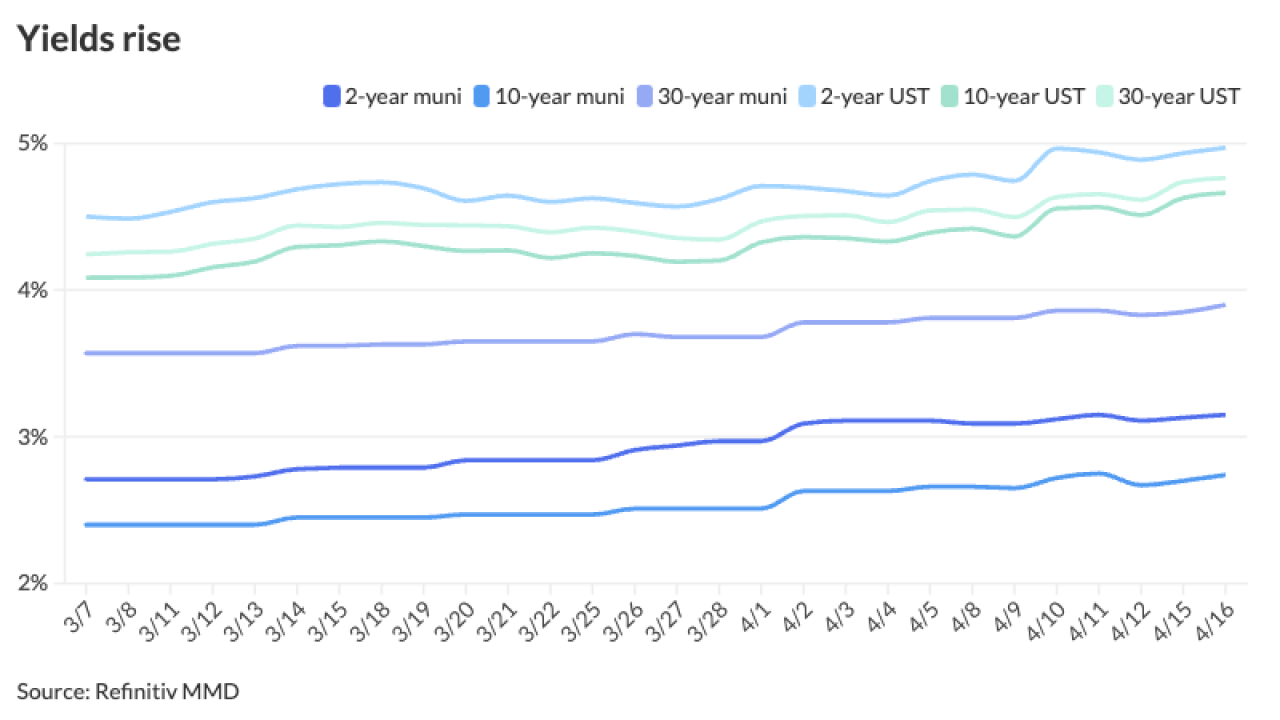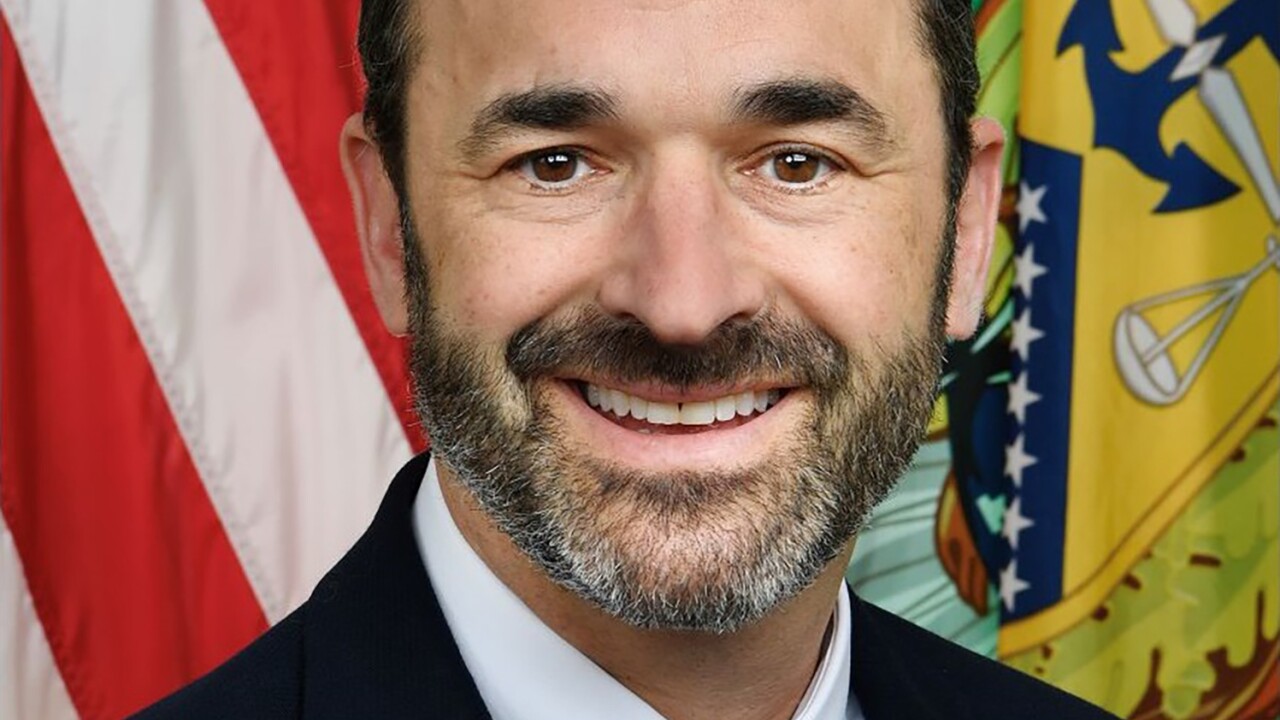CHICAGO — The financially struggling Clare at Water Tower, an upscale, high-rise senior-living development in downtown Chicago, has reached a preliminary restructuring agreement with a group of bondholders and its letter of credit bank that, if approved, would buy the facility more time to succeed.
The complex has failed to meet projections due to cost overruns, construction delays, and faltering occupancy rates and was forced to draw $554,000 from its debt-service reserves to cover the debt service payment due last Nov. 15 on $91.5 million of fixed-rate bonds.
The $229 million deal — which was issued through the Illinois Finance Authority in 2005 with Ziegler Capital Markets Group serving as underwriter — also included $125 million of variable-rate bonds and $12.5 million of taxable bonds.
LaSalle National Bank is the LOC provider, according to the offering statement. The bonds are secured by a pledge of project revenues and a leasehold mortgage. Bank of New York Mellon Trust Co. is the trustee.
The Clare’s agreement in principle on the terms of a restructuring with a group of holders of its fixed-rate bonds and the LOC bank “would reduce current debt service obligations,” according to a bondholder notice issued last week.
Under the agreement, the fixed-rate holders would exchange their bonds for an unknown amount of bonds. The notice also did not disclose the interest rate on the securities bondholders would receive in exchange for their current holdings.
The bank would extend the expiration dates of the LOCs to 2014 and an out-of-court exchange offer for those bonds would also occur after the expiration. The LOCs on the deal currently expire in December, according to the original offering statement. The notice did not provide additional information on the proposed terms.
The agreement is far from final. It requires the approval of the IFA and the approval of investors holding 95% of the aggregate principal amount of the fixed-rate bonds.
“Acceptance of such offer by fixed-rate bondholders that are not party to the restructuring agreement will be necessary to reach the 95% threshold,” the notice read.
Market participants said news of the agreement is a good sign that the facility can avoid bankruptcy, but the notice leaves several questions unanswered. It does not address how the next debt-service payment on the fixed-rate bonds, due in May, would be handled, nor how already collected entrance fees currently in escrow and future entrance fees will be spent. The original financing contemplated the use of those fees to pay down the variable-rate bonds.
“It’s material that the LOC bank has agreed to extend the LOCs. It says they are willing to give the Clare more time and not force it into bankruptcy,” said Edward Merrigan, director of research at Ziegler.
A bondholder notice over the summer stated the goals of the parties involved in the restructuring negotiations as being to fill the facility, deliver on the promise to residents and depositors that they would live in a financially stable community, and maximize repayment of the bonds.
The project suffered from overruns as construction costs rose due to the foundation and other problems discovered as building proceeded. The problems led to a delay in the project’s opening date in late 2008, which coincided with the collapse of the housing market. The facility opened in phases but it was not until this past fall that the skilled nursing and assisted-living units were fully operational.
The economic collapse sapped the interest of some potential residents and negatively affected others, who had pre-sale contracts but needed to sell their existing properties in order to move.
The market downtown and financial crisis that followed the September 2008 collapse of Lehman Brothers exacerbated the facility’s struggles. The facility is filling up, though slowly, and with time is expected to meet revenue projections to cover its debt, market participants said.
The 54-story Clare billed itself as a first-of-its-kind senior-living community when it entered the market, as it was housed in a high-rise in the upscale Gold Coast neighborhood off Chicago’s “Magnificent Mile.” Loyola University of Chicago, owner of the site, is leasing the space for 99 years to the Clare, a stand-alone credit sponsored by the Franciscan Communities Inc.





